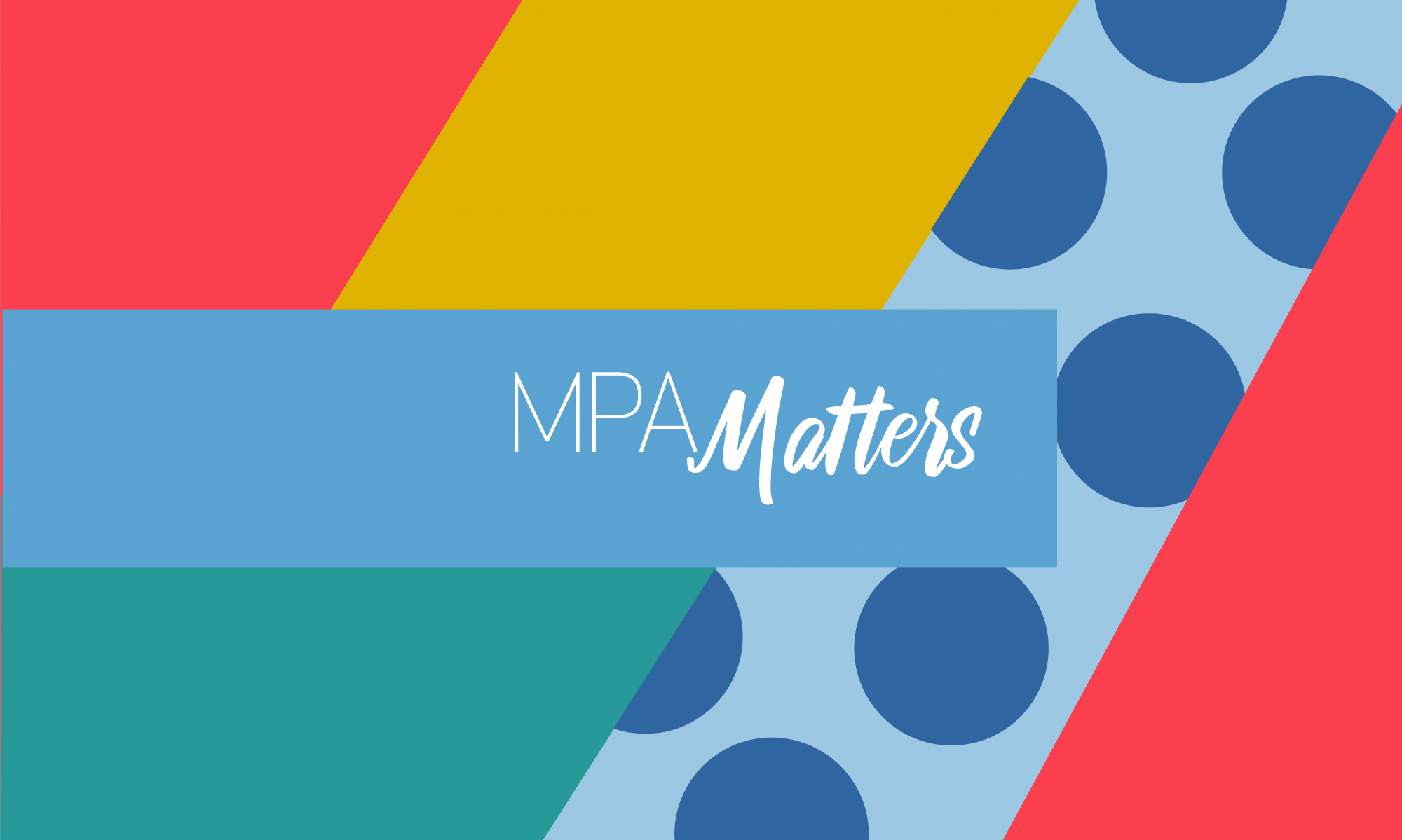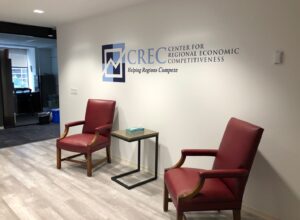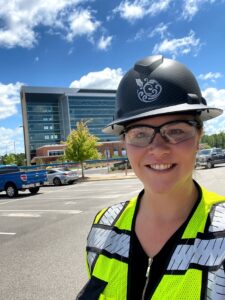This post was written by current #uncmpa student Stephen Thompson.
———————————————————————————————–
Currently, there is a bill in the Florida state senate which has been called the “Parental Rights in Education” bill. Alternatively, it has been called the “Don’t Say Gay” bill. Officially, it is unnamed: you can read it here. This bill features a few different friction spots which folks are arguing over, however the big point of continuation lies between lines 75 and 78 which read, “A school district may not encourage classroom discussion about sexual orientation or gender identity in primary grade levels or in a manner that is not age-appropriate or developmentally appropriate for students,” [This is where they’re getting the “don’t say gay” tagline]. As an MPA student, this bill caught my attention not entirely for the topic, but rather the text, [sub and metatext!]
There’s a lot of strong feelings on either side of this bill—you can find blogs, news articles, and “talking heads” from here to Tallahassee using ethos, pathos, logos, and any other rhetorical tool Aristotle could philosophize, to argue yay or nay, but this bill cuts to the core of public administration in a fundamental way. Yes, because it regulates the conduct of government employees [local government!], and yes because it resonates with free-speech-ers, but also because it calls for a public discussion of the competing values of public administration. These four values which pull in opposite directions on a X-Y Axis form the four quadrants of public issues: Liberty, Community, Prosperity, and Equality.
 Breaking this down we can see how this question of “what can and what can’t teachers tell children?” lands in all four areas. Liberty; Everyone should be able to say whatever they want, using their own personal discretion as to what is and isn’t appropriate for the situation. Community; but maybe what doesn’t offend me, is downright vulgar to you, so maybe let’s agree on some basic standards. Prosperity; in order for children to succeed they need the best education for them, which may include parents and guardians teaching some topics in more intimate environments. Equality; on the other hand, maybe we should lay some basic groundwork down to ensure everyone knows at least the bare minimum on commonly discussed topics. [Wow, that was a head jerker].
Breaking this down we can see how this question of “what can and what can’t teachers tell children?” lands in all four areas. Liberty; Everyone should be able to say whatever they want, using their own personal discretion as to what is and isn’t appropriate for the situation. Community; but maybe what doesn’t offend me, is downright vulgar to you, so maybe let’s agree on some basic standards. Prosperity; in order for children to succeed they need the best education for them, which may include parents and guardians teaching some topics in more intimate environments. Equality; on the other hand, maybe we should lay some basic groundwork down to ensure everyone knows at least the bare minimum on commonly discussed topics. [Wow, that was a head jerker].
Returning to the document in question [of which there are many questions], we can certainly see how some folks may feel the topic of gender and sexuality are mature concepts, better left to be discussed when a child is older. Conversely, some folks feel that gender is so closely intwined with identity that it should be discussed when children are first forming their own identities and imitating role models in their lives. All of that is well and good, but there’s another piece to this debate that seems to underlie the heated discussion. “…may not encourage classroom discussion… in primary grade levels, or in a manner that is not “age-appropriate…” For me this digs deeper to another fundamental concept of public administration: policy making vs. policy administrating.
Dusting off the age-old argument of “letter of the law” vs. “spirit of the law,” the more consequential question is, “who is interpreting the law?” Public administrators have an awful lot of discretionary power when interpreting policy. One person may interpret “encouraging discussion” as answering a student’s question—one as innocuous as “What does the rainbow flag on bumper stickers mean?” This may lead lawsuit-weary school officials to enact classroom policies which prevent teachers from using terms which acknowledge the concept of homosexuality [don’t say “gay!”]. Other school officials may decide that teachers are permitted to discuss “queer” or “non-binary” identities with students in 5th grade (considered a primary grade in Florida), even though this may differ from some parent’s interpretations of “age-appropriate.” Many times, policy makers enact laws which are vaguely worded specifically because they allow room for multiple interpretations [shoutout to PUBA 710: Institutions and Values], however the stakes become cataclysmically high when violating these laws could result in personal repercussions for individual government employees. Many administrators will opt for an overly restrictive interpretation, rather than expose their staff and organization to lawsuit, every time.
So, here in lies the question: If laws are vaguely worded to allow individual communities the flexibility to determine their own values regarding the finer points of the human experience, should those laws dictate the punishment for violating those statures? Building in civil redress certainly raising the stakes to the point that many profession poker plays would recommend folding; adding the topic to the list of banned discourse and moving on with the lesson plan. –And that is where lawmakers do their constituents a disservice. Allow administrators to set the parameters of policy and define the consequences, or explicitly layout out the penalties associated with a clearly defined policy. One without the other is the illusion of choice with a supersized side of subtext.
I personally hope this bill is voted down, regardless of politics, because it sets a poor precedent for future bills which erode the values of local government and community democracy. Public administrators have a hard row to hoe, whether they’re in the “sunshine state” or the “show me state,” but it’s these dedicated public servants which shape the daily lives and values of our communities. Shakespeare famously wrote, “To be or not to be.” Law makers should take a page out of his book [Hamlet, to be exact], because concise clear language tells the reader exactly where they stand and knowing where you stand makes it a whole lot easier to see where you’re going.


 After the excitement of the holidays has begun to dissipate, and the novelty of seeing my extended family has all but worn off, my attention is beginning to turn to the upcoming Spring Semester. If you’re in a similar situation, you know the exhaustion of doing all the things you never have time for, mixed with fatigue from baking, social engagements, cooking, pre-holiday shopping, family time, post-holiday sales, and more social engagements with the family. Now, we find ourselves ramping up for the new year [When does the vacationing start on Winter Vacation?]. The MPA program’s focus on Leadership and self-development has me thinking about the tradition of resolutions. If you’re feeling intimidated about coming up with a resolution for 2022 [“2020, Two” I’ve heard it called], I wanted to pass on some sage wisdom I’ve learned regarding self-improvement plans. Here are three tips for setting goals/resolutions for the new year.
After the excitement of the holidays has begun to dissipate, and the novelty of seeing my extended family has all but worn off, my attention is beginning to turn to the upcoming Spring Semester. If you’re in a similar situation, you know the exhaustion of doing all the things you never have time for, mixed with fatigue from baking, social engagements, cooking, pre-holiday shopping, family time, post-holiday sales, and more social engagements with the family. Now, we find ourselves ramping up for the new year [When does the vacationing start on Winter Vacation?]. The MPA program’s focus on Leadership and self-development has me thinking about the tradition of resolutions. If you’re feeling intimidated about coming up with a resolution for 2022 [“2020, Two” I’ve heard it called], I wanted to pass on some sage wisdom I’ve learned regarding self-improvement plans. Here are three tips for setting goals/resolutions for the new year. 



 Greetings to all! My name is Wayne Banks Jr. and I am currently a 2nd year online student in the MPA program. The PWE experience can introduce students to opportunities and a practical understanding of the career interests of an individual. For myself, I am interested in the Community Economic Development and Finance & Budgeting career fields that can be a part of Public Administration responsibilities. By way of networking opportunities, I was invited to an interview and received an offer for my PWE as a Budget & Research Analyst at the Finance & Budget Division of UNC Chapel Hill. This opportunity has provided me with a practical experience to the financial responsibilities of a public higher education institution. I am almost half-way through this PWE experience and can tell you that our work in this division is important and exciting.
Greetings to all! My name is Wayne Banks Jr. and I am currently a 2nd year online student in the MPA program. The PWE experience can introduce students to opportunities and a practical understanding of the career interests of an individual. For myself, I am interested in the Community Economic Development and Finance & Budgeting career fields that can be a part of Public Administration responsibilities. By way of networking opportunities, I was invited to an interview and received an offer for my PWE as a Budget & Research Analyst at the Finance & Budget Division of UNC Chapel Hill. This opportunity has provided me with a practical experience to the financial responsibilities of a public higher education institution. I am almost half-way through this PWE experience and can tell you that our work in this division is important and exciting.


